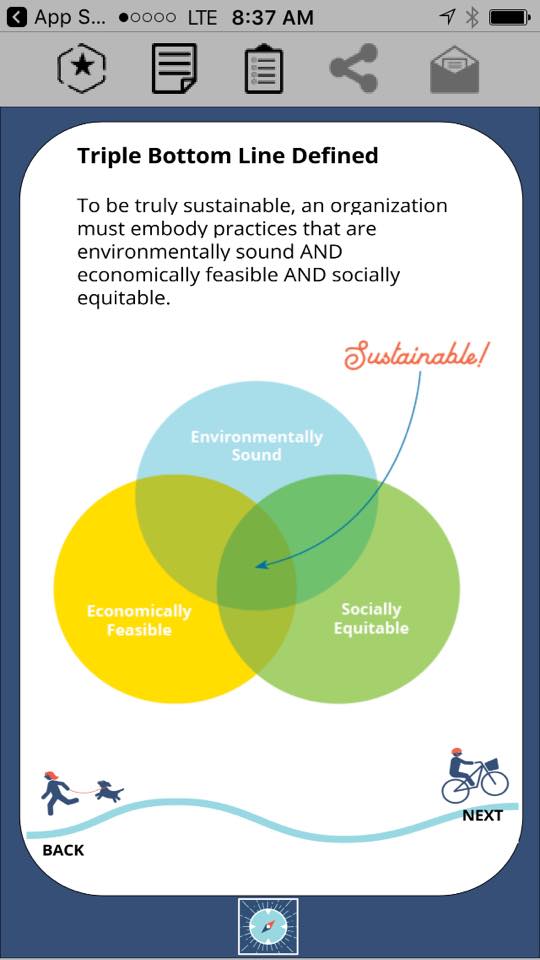Sustainability has become the most popular trend for the businesses to take up. Each of the business has a role to play in the improvement of the environment and dealing with climatic change. There are a few businesses which take sustainability as their value proposition just to make it more attractive to their political leaders, investors, and customers. They see it as a way to earn more profits. The concentration of carbon dioxide in the atmosphere reached the milestone of 400 parts per million for the first time in 2015 and surged again to new records in 2016 (World Meteorological Organization’s annual Greenhouse Gas Bulletin). These records will be broken again and better unless we take it to a personal account and deal with it.
Charles Eisenstein’s blog titled “Let’s be honest: real sustainability may not make business sense” depicts the major dilemma among the many: sustainability vs profit. Initially, he talks about the advantages of businesses taking Pro-environmental practices which develop positive brand image, efficiency, innovation and higher morale of employees. The writer delicately asks a question of what would happen to a company’s bottom line if it switched over to a green electricity supplier at twice the cost, making the readers contemplate deeper. He then answers by approaching each side of the case. He concludes by stating “Go green because you’ll make more profit,” which is affirmed by businessmen that profit is the right motive giving the choice of solution to the reader. Charles makes it more interesting to read by taking it to a more personal account. He opens up facts very openly and says few companies are going to adopt significant environmental ethics based on profit-driven reasons.

I find this blog to be complete as the writer also offers a completely functional and measurable solution, asking the businesses to answer questions like “Who are you, really?”, “What do you care about?” and, “What do you serve?” He hopes for a future where there is a business environment to end the opposition between profit and ecological well-being and also an introduction of Green taxes (shifting taxation away from sales and income onto pollution and resource extraction) and laws against ecocide.

Personally, I feel sustainability is a good goal for a business to look forward but has many challenges tied with it. Sustainability doesn’t necessarily be a huge change, it can be anything from Starbucks using reusable containers for their products to Levis spending years researching to reduce water consumption in the production of clothes. The huge cost and the change in the traditional way of thinking and practices make it difficult but looking at the long-term savings: A Sustainable Generation, I think it is worth the struggles.
Bibliography:
Eisenstein, C. (2014, January 08). Let’s be honest: real sustainability may not make business sense. Retrieved October 15, 2017, from https://www.theguardian.com/sustainable-business/blog/sustainability-business-sense-profit-purpose
Plummer, L., & McGoogan, C. (2017, September 04). 11 terrifying climate change facts. Retrieved October 15, 2017, from http://www.wired.co.uk/article/climate-change-facts
Like it or not, sustainability is now core to your business. (n.d.). Retrieved October 15, 2017, from http://fortune.com/2015/09/24/sustainability-practices-in-business-intel-unilever-wal-mart-dupont/
